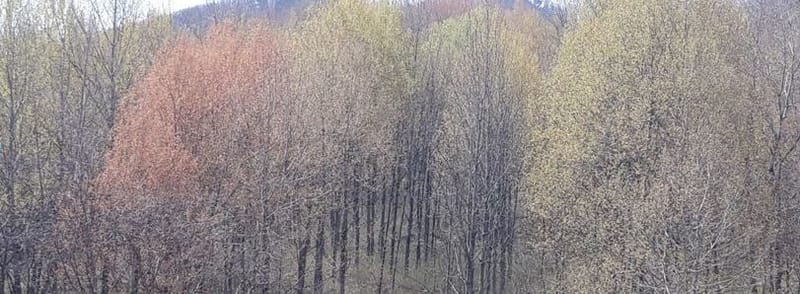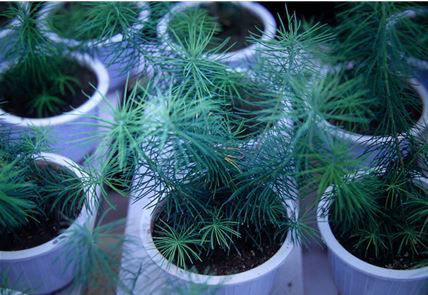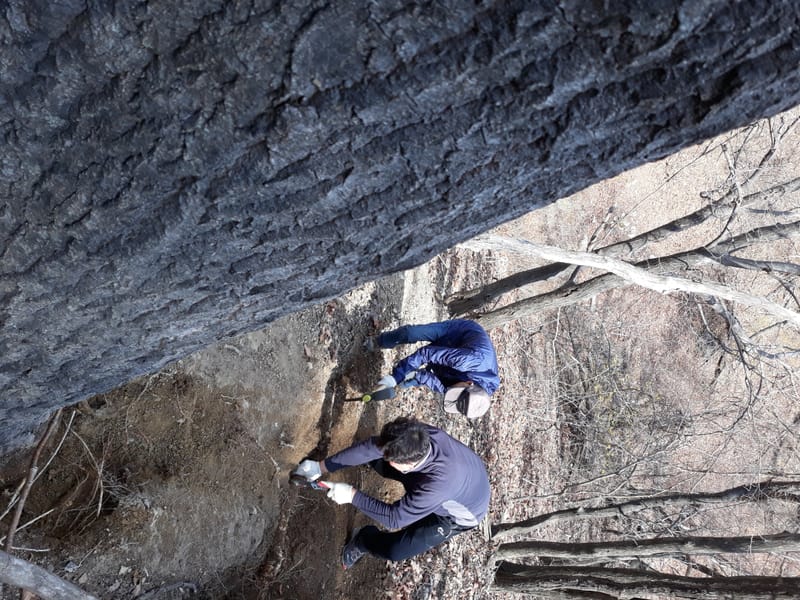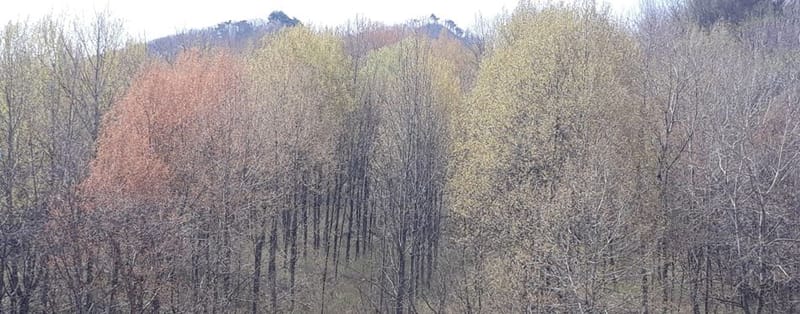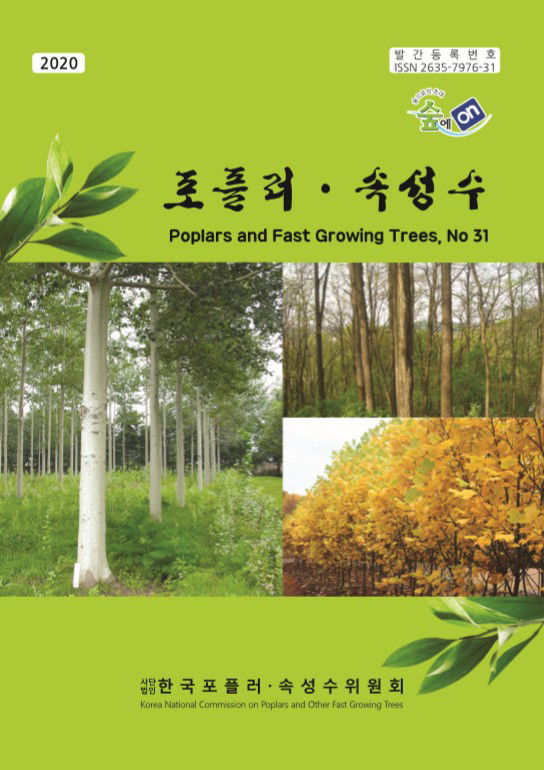(사)한국포플러속성수위원회
Korea National Commission on Poplars and Other Fast-Growing Trees
English
About us
organization chart
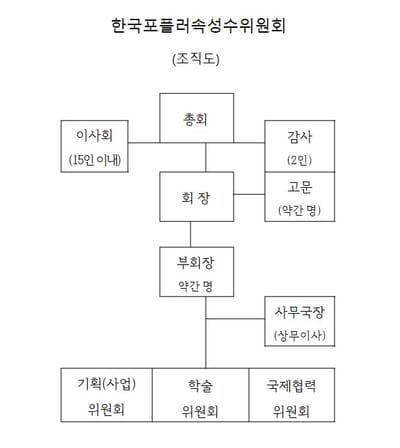
Latest news

새로운 유형의 목재: 백합나무의 mid wood
본 기사는 저널 The Conversation에 기고된 캠브리지 대학교 Sainsbury 연구소의 레이먼드 와이트먼교수와 Jagiellonian 대학교의 얀 라이차코프스키 연구원의 논문을 요약한 것을 번역한 것입니다. 원문은 아래의 링크에 있습니다 https://theconversation.com/how-we-discovered-a-new-type-of-wood-and-how-it-could-help-fight-climate-change-236618
Learn More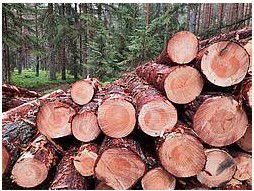
Media Release - European forests: How climate change, land ownership, and forest-related policies influence future wood supply - Copy
New study report launched prior to International Day of Forests (21 March) TEAMING UP 4 FORESTS published a study analyzing factors affecting future wood supply in Europe such as climate change, land use and policy developments. The study proposes practical response measures for different stakeholder groups, including the wood-based industry, forest management and policymakers.
Learn More
2023 Korea Poplar Rapid Water Committee general meeting and chairman transfer/inauguration ceremony
This is the news of the 2023 general meeting and the chairman's transfer and inauguration ceremony.
Learn More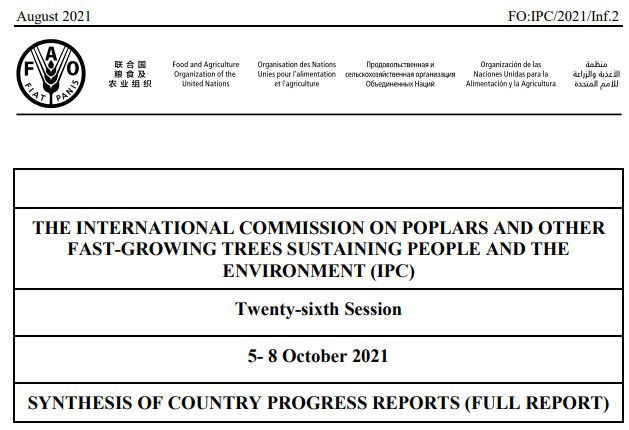
The IPC 2021 country report has been published
A national report summarizing the activities of the IPC member countries over the past four years has been published. Our report is reflected. Please click the attached PDF file.
Learn More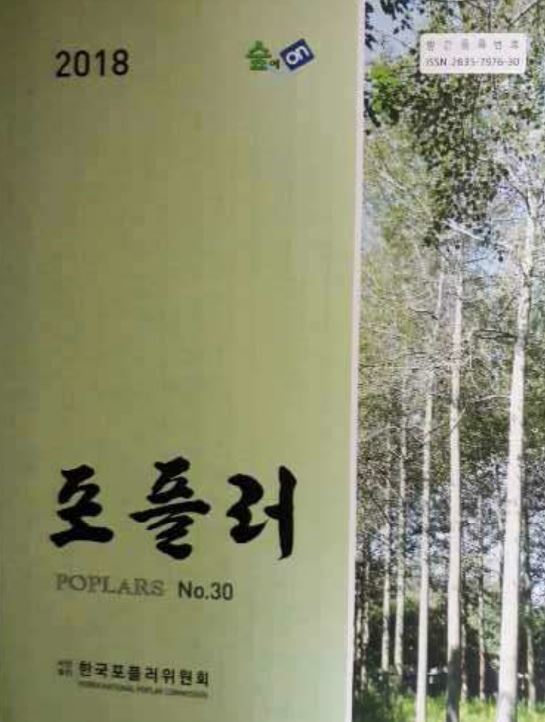
Request for cooperation with the manuscript published by the Korean Poplar Committee (31)
2020 is the year of publication of the bi-annual Poplar Committee. We ask for your participation.
Learn More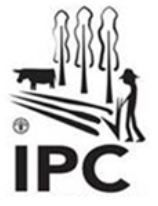
Postponement of the 26th IPC Session
The 26th IPC General Assembly, which was scheduled to be held in 2020, was postponed due to COVID-19 issues. The exact date will be announced as soon as possible.
Learn More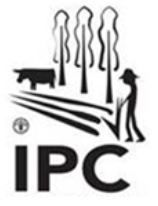
Postponement of the deadline for the submission of abstracts to 20 May;
Due to Covid 19, the submission of the abstract will be postponed to May 20th and it will be decided whether the meeting will be canceled or postponed until June 15th. Will be refunded to
Learn MoreCanceled 2020 General Meeting
In 2020, we intend to hold a regular meeting in the meeting room of the Korea Poplar Committee, but we cancel the meeting due to the prevalence of the Corona virus. Officers and members are encouraged to confirm and respond to the attachment of the email you receive.
Learn More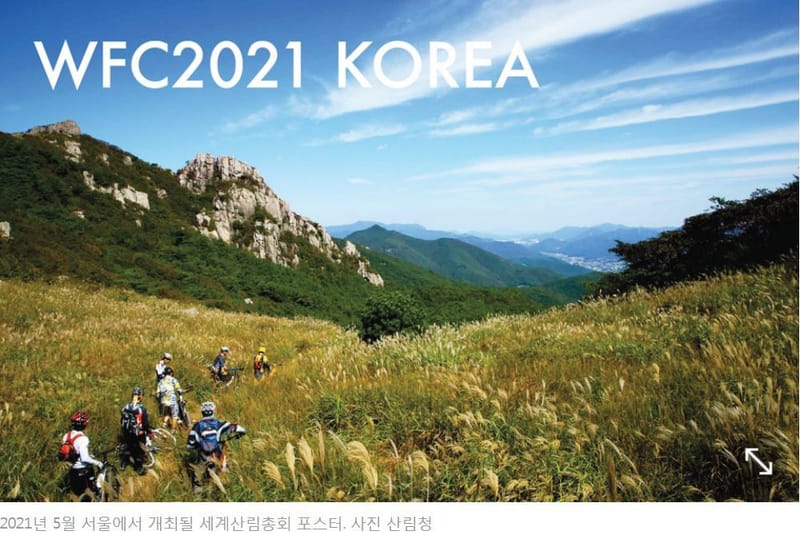
World Forestry Congress 2021 (January 8, 2020)
World Forestry Congress: The World Forestry Congress, called the'Forest Olympics', will be held in Seoul for 4 nights and 5 days from May 24 to 28, 2021. This event is hosted by the United Nations Food and Agriculture Organization (FAO), the oldest in the United Nations, and is represented by government representatives, international organizations, academia, and civic groups in various fields such as forestry policy, research, and industry. It covers major issues and agendas in the forest sector, such as forest restoration and UN SDGs.
Learn More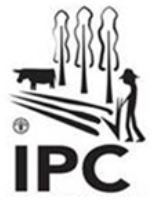
IPC Guidelines and Questionnaires - National Reports (December 31, 2019)
Every four years a request has been made to prepare a national report of the member countries that the IPC prepares. National reports and surveys must be completed and submitted by April 1, 2020. Once the report is completed by February, we will review it by members.
Learn MorePoplar Committee Regular Board meeting (December 27, 2019)
The Poplar Committee's regular board meeting was held in the meeting room of the National Forest Science Institute's Suwon Campus
Learn More2019 Business Results Report (December 7, 2019)
The results report on the two service projects carried out in 2019 was held at 14:00 on December 7 in the meeting room of the Sarcoma Department.
Learn More
50th Executive Committee Meeting of the IPC 5 October 2020 26th Session of the IPC, 6 to 9 October 2020 | Rome, Italy
Theme: “The role of Salicaceae and other fast-growing trees in sustainable wood supplies and climate change mitigation” The IPC 50th General Assembly will be held in Rome, Italy by the 9th.
Learn More
International Poplar Committee Reform
These amendments were agreed to by the FAO General Assembly in June 2019, with votes favoring the International Poplar and Other Expedited Committees to rename countries to embrace more regional countries by including more attributes. It started with a new name, “International Commission on Poplars and Other Fast-Growing Trees Sustaining People and the Environment”.
Learn MoreExpert suggestions
Larch is the most important planted species that has been reforested for the longest time as the first major planting species in Korea due to its rapid growth and long-term growth. It is well known as a species with poor fruiting in Korea as well as internationally due to its poor fruiting. Therefore, seed production is inadequate every year. Here, as an alternative, we propose a method for mass production of shovel seedlings using sprouts.
Read MoreRecent Projects
It is a task to collect the ingredients (roots) for the creation of clone conservation sources of sassy tree selection superior objects
Read MoreThese are the photos taken during the april 16 assignment (Ku Young-bon, Jang Kyung-hwan, No Eun-un)
Read MoreApril 7, 2020 These are the photographs taken during the sashi tree sample selection project (Ku Young-bon, Jang Kyung-hwan, No Eun-un)
Read MoreThis project was carried out by the Korea Poplar Committee as a detailed task of the National Forest Science Institute's "Development of Excellent Poplar and Willow Varieties to Promote Biomass Production." This is about new tree selection in the Yeongju Aspen Tree Plantation and the Aspen Tree Group in Gangwon-do and Gyeongbuk Province.
Read MoreKu Young-bon, Lee Sung-kyu, Eun-un Noh Feng Shui (Bonghyun), Mt. Odaesan (Dongdaesan, Jingogo, Salt River), Seoraksan (Oseam-Baekdamsa Valley) The scenery was not taken. At the time, the homepage was not in mind.
Read MoreIt was intended to facilitate the systematic use and preservation of data by dividing and organizing thousands of remains, including a handwritten letter from Dr. Hyangsan Hyun, who is currently preserved on the National Academy of Forest Sciences Suwon Campus, by content, type, and era.
Read MorePublished by Poplar (2018)
Forest That Changes My Life
Korea Forest Service Director, Forestry Industry Policy Director Lim Sang-seop In July 2018, the Korea Forest Service established and announced a new forest policy master plan,'Korea's Forestry Promotion Plan'. The Forest Service plans to promote the forest policy based on the'Plan for the Creation of Korea in the Forest' by 2022, and briefly introduces the main contents of the plan through this article.
Biocirculation Forest Creation Policy
Forestry Division Director, Forest Resources Division Joon-Gyu Jo In Korea, interest in the creation of bio-circulating forests for the stable supply of biomass is increasing, while wood-based biomass that can be used such as waste wood, forest products, and by-products according to sanctions is policy It is insufficient. Accordingly, in order to expand carbon sinks and secure wood resources, bio-circulation forests were created for the purpose of harvesting short-lived water and short-lived crops. The promotion status has been summarized.
The global trend of poplar
Pope Roh, Chairman of the Korea Poplar Committee The popularity of poplar as a timber resource in Korea reached its peak in the 1960s, but with the prohibition of planting in riverbeds and the introduction of cheap poplar ash from China, it lost its place. However, in recent years, in addition to the demand for biomass, the use of renewable energy against climate change, and efforts to meet the obligation to reduce carbon dioxide, the environmental purification function of plants has been added, and interest in cultivation of expansive water including poplar has increased. This article summarizes this trend.
Climate change and the adaptability of sassy trees
The Poplar Committee of Korea, Eun-woon Noh, temperature and humidity are the most important factors affecting the rate of plant development. Over the past 30 years, the temperature in South Korea in Korea has risen by an average of 0.36℃ per year, but is expected to rise by 1.8~3.0℃ in 2071~2100. Several growth responses were predicted for plantations and natural forests to predict the adaptability of aspen trees, a marginal group at the southernmost part of the habitat, due to warming. This is a part of the service project carried out by the Poplar Committee in 2018.
Selected clones for the creation of a single-boiled wood energy forest
Forestry Resource Improvement Research Division, National Institute of Forest Science, The world will develop new types of forest products and forest markets due to the increasing demand for food, energy and water resources, the rapid increase of foreign products through market opening, and changes in the ecosystem due to climate change. Is forecast. Therefore, in the direction of forest breeding, quantitative improvement that increases the productivity of wood per unit area is given priority over quality improvement of wood. Currently, Korea's forests are large-scale reforestation from the '70s to '80s. Currently, aging is in progress, and carbon absorption is expected to decline. Therefore, it is necessary to pay attention to the boiled water of a large number of properties, such as poplars and black ash trees with high carbon absorption.
Trends in Germany's Short-Boiled Forest
(Former) National Forest Research Institute Director of Forest Genetic Resources Taesoo Kim Short-term wood forest can be generally defined as short-lived or short-lived hermit forest. The purpose of short-term timber forests is to harvest continuously renewable wood resources within a short period of time. Summarizes the trends in the construction and management of short-lived timber forests in Germany.
발간지 포플러 2020
F.A.Q
What is the history and mission of the Korea Poplar Commission?
Forum

Here, we would like to share the ideas necessary for the development of the number of properties, forestry and forestry science in Korea.
Join us
- Suwon, Kwon Sun-gu, Concave Cheon-dong, Gyeonggi Province, Republic of Korea
